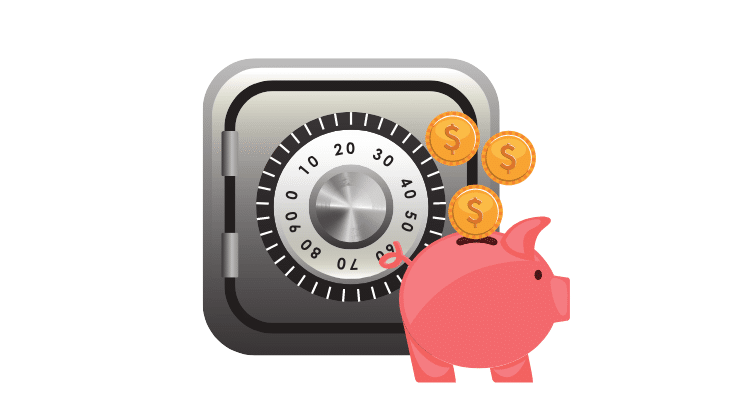There’s actually a positive side to being stuck at home. Personal savings have skyrocketed. But my guess is that when the pandemic passes, savings will plummet.
The fault may lie in our brains.
A recent study by Cornell University neuroscientists discovered that our brains are biased toward earning and against saving. Perhaps it’s the immediate gratification our paychecks offer while putting aside small amounts feels about as gratifying as watching grass grow.
“Fundamentally it comes down to this: saving is less valuable to our brains, which devote less attentional resources to it,” said the co-author Adam Anderson. “Our brains find saving more difficult to attend to.”
Yet fixating on earnings can be fool hardy. I call it the Illusion of Affluence. I see it all the time. Successful women spending too much, saving too little, plowing all profits back into their businesses or on classes for personal growth (deceptively calling it “an investment”).
Their ample earnings gives them the illusion, but not the security of true abundance. The real measure of wealth is your net worth…not what you earn but what you keep.
If you’ve never been a saver, why not use this time in lockdown to rewire your brain until savings becomes a habit. Each night drop any loose change from your wallet into a jar and every month, bank the savings. Stuck at home and not out spending? Try transferring the amount you’d have spent on lunch and coffee each week into savings.
I once had a client who, on the day her grandson was born, quit smoking, putting the daily cost of the cigarettes directly to savings. By the time her grandson graduated high school, she could pay his college tuition.
Another began collecting coins she found in pockets doing laundry and cash from the coupons she redeemed at the market to make her first purchase of stock—3 shares of Disney.
If you’re a high earner, or on course to becoming one, ask yourself this question: Isn’t it time my money works as hard for me as I do for it?



Comments & Feedback